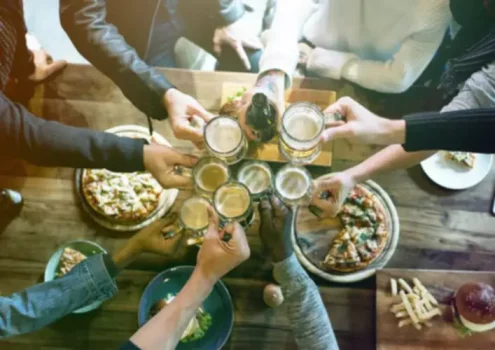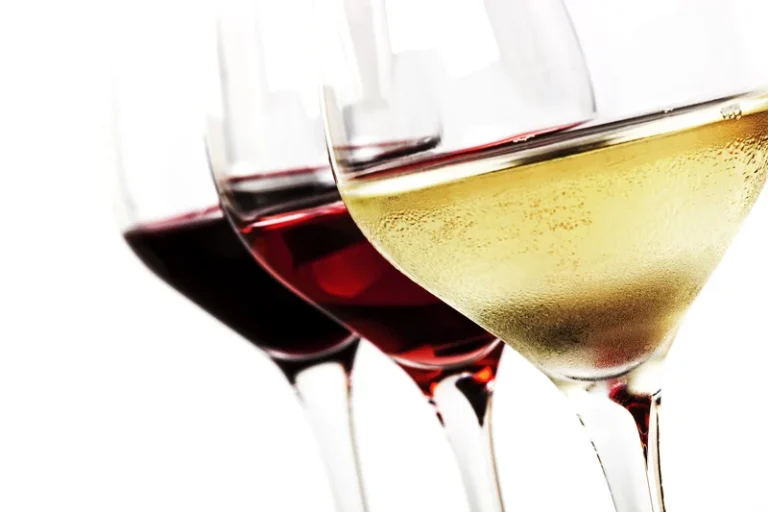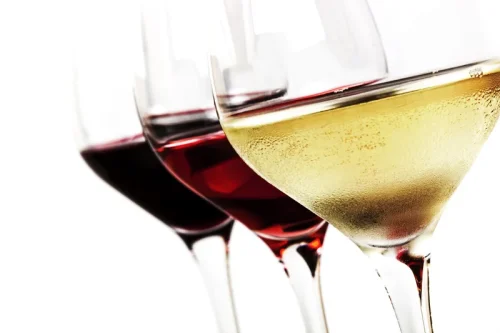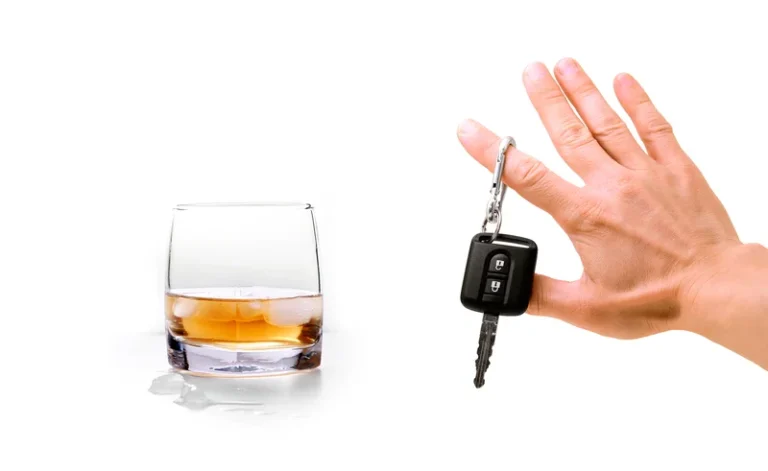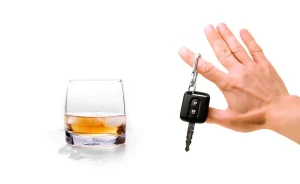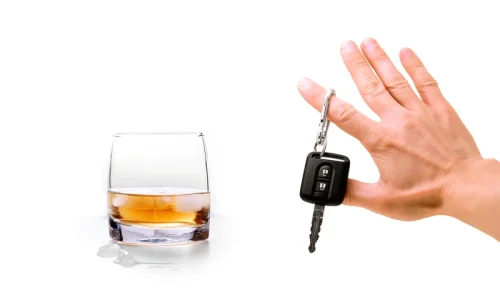Moreover, neither the maintenance nor the extinction phase of SA was modified by CBD. A 2015 review of available preclinical and clinical data found that CBD had therapeutic properties in the treatment of cocaine, opioid, and psychostimulant addiction. Evidence also indicated that it might have benefits in the treatment of tobacco and cannabis addiction. Some evidence suggests that CBD may actually be helpful for treating drug addiction and addictive behaviors. For example, while the research is still scarce and preliminary, studies have found that CBD shows promise in the treatment of cocaine and methamphetamine addiction.
Is CBD Addictive?
They measure how much pain transmission is passing through and will cap it when it becomes too much. This means that CBD is involved with regulating optimal dopamine levels by blocking its release when dopamine levels are too high. Other studies observed CBD’s inhibitory effect on dopamine release in animals. The main benefit CBD has towards stimulant addiction is its effects on dopamine. One of the key features of addiction is a depletion in dopamine levels 3. Addiction is a disorder rooted in a special region in the brain called the is cannabidiol addictive reward center.
Included human studies
- Unfortunately, the effects of THC intoxication include paranoia or anxiety.
- Since 2019, we have crafted products that elevate wellness through innovation and commitment to excellence.
- However, Greenspoon reminds us that the Food and Drug Administration doesn’t regulate hemp-derived CBD supplements.
- This concern likely stems from the cannabis plant’s association with “marijuana,” which earned a negative reputation throughout most of the 20th century.
Additionally, CBD reduced measures of stress response after the drug cue, such as heart rate and salivary cortisol increases. Individuals receiving CBD reported less anxiety after being exposed to drug cues compared with individuals receiving placebo. THC is the component in the hemp plant for getting you “high,” According to the National Institute on Drug Abuse (3). For example, marijuana use can cause dependence – when someone experiences symptoms of withdrawal from not taking it.
- For example, a 2007 study in the British Journal of Pharmacology discovered that CBD is an effective anti-inflammatory and analgesic against chronic pain in rodent subjects.
- Working your way up slowly reduces the chance of a CBD (or THC) overdose.
- Hemp oil has a higher CBD content than marijuana-derived CBD, and many CBD products contain hemp-derived CBD.
- The most likely explanation for these negative results was the low THC concentration in Bedrolite as compared to street cannabis.
- The federal government passed the Agricultural Improvement Act in 2018, which made hemp (cannabis products that contain less than 0.3% THC) legal.
Preclinical studies on CBD and addiction
You should let your doctor know if you are regularly using CBD so that he or she can check your liver enzymes periodically. Topical CBD creams work well for joint pain without entering the bloodstream. CBD has become increasingly popular among seniors for various reasons, from pain management to improved sleep quality. Many older adults have misconceptions about CBD that might prevent them from exploring its potential benefits. The FDA has only approved one CBD medication called Epidiolex for treating Lennox-Gastaut syndrome and Dravet syndrome.
CBD and THC may share some medicinal benefits, but the overall experience is like night and day. The advantages and disadvantages of both cannabinoids depend on your personal preference. A 2019 experiment outlined in the American Journal of Psychiatry used the FDA-approved CBD medication Epidiolex to test its effectiveness against cue-based opioid cravings. While we now know those substance use claims were exaggerated, Yale Medicine warns that it’s still possible to become dependent on THC.
After someone takes a drug or substance for a long time, its effectiveness can wear off, and a higher dose is needed to experience the new high. When a person is emotionally stressed from relationship conflicts, the death of a loved one, sleep or food deprivation, financial obligations, and other stressors, a person may be more vulnerable to substance abuse. There’s a lot of confusion surrounding hemp oil (made from the seeds of hemp plants) and CBD oil. While these two products come from the hemp plant, they have very different uses.
Neuroprotective Properties
- For example, its antianxiety properties are well known at doses of 300–600 mg12,37 and CBD seems to have antidepressant11 and anticonvulsant38,39 effects.
- Those who smoked high-THC strains showed a higher attentional bias to food and drug stimuli than subjects who took high-CBD strains.
- CBD does not contain tetrahydrocannabinol (THC), marijuana’s psychoactive component, so it does not have the same restrictions or recreational uses as marijuana.
- Current evidence suggests that CBD use does not lead to addiction and that the substance may have a number of health benefits.
- Although research on CBD and its capacity to maintain homeostasis is still in its early stages, clinical data suggest that CBD offers a wide variety of potential health advantages.
Of the preclinical studies, five dealt with opioid, one with psychostimulant, one with opioid and psychostimulant, and two with cannabis addiction. Of the studies involving humans, three were related to cannabis, one to tobacco, and one to alcohol addiction (Supplementary Table 3 contains a detailed description of each study). Always consult your healthcare provider before beginning CBD, especially if you take prescription medications. They can help monitor for potential drug interactions and side effects as you find your optimal dosage. Your choice depends on your individual needs, health conditions, and whether you’re taking medications that might interact with certain cannabinoids.
- After being treated with CBD for 10 days, she experienced an effective decrease in the severity of her symptoms 1.
- The role of the eCB system in the pathophysiology of schizophrenia has been suggested in an accumulating amount of evidence 20,21.
- Finding relief can feel like a never-ending battle for those living with chronic pain.
Many organizations provide support for people struggling with addiction. You can find help for addiction by seeking out information online or speaking with your doctor. Behavioral addictions are compulsive behaviors that can be as damaging as chemical dependencies. Gambling, sex, and food are a few of the most common types of behavioral addictions. Addiction is a complex condition with a psychological and physiological need to seek out certain substances or behaviors despite harmful consequences.


